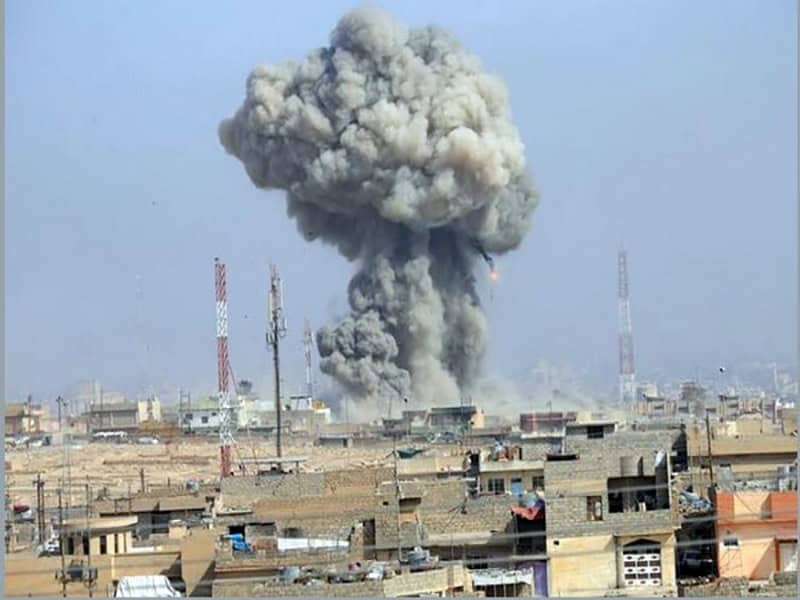Dubai: Air strikes allegedly carried out by the Saudi-led coalition fighting Iran-backed rebels in Yemen on Tuesday killed 16 people including seven children, an official and a doctor said.
The raid came days after the Huthi insurgents offered to halt drone and ballistic missile attacks on Saudi Arabia as part of efforts to end a war that has pushed Yemen to the brink of famine.
The rebels have claimed responsibility for the September 14 attacks on Saudi oil installations that knocked out half of the OPEC kingpin’s production and sent shock waves through world energy markets.
The United States and Saudi Arabia however blamed Iran, saying the strikes were carried out with advanced cruise missiles and drones.
Tuesday’s air strikes on Qatabah, in southern Yemen’s Daleh province, partly controlled by the rebels, marked the first major attack believed to have been carried out by the coalition since the Huthis’ offer.
“Sixteen people, including women and children, were killed and nine others injured” in a raid targeting a home in Daleh, a local official told AFP on condition of anonymity.
A doctor at Al Thawra hospital in nearby Ibb province, which received the bodies of those killed, said seven children and four women were among them.
The Huthi rebels condemned the coalition for its “continued aggression” against the Yemeni people.
“The aggressors do not understand the message of peace… but only messages of drones and of missile power,” said a statement carried by the insurgents’ Al-Masirah television.
The coalition could not be immediately reached for comment.
- Cautious response –
Saudi Arabia had given a cautious response on Saturday to the Huthis’ offer to de-escalate.
“We judge other parties by their deeds, actions and not by their words, so we will see (whether) they actually do this or not,” said Saudi minister of state for foreign affairs Adel al-Jubeir.
“Regarding what prompted them to do this… we have to do more intensive studies,” he said at a press conference in Riyadh.
The UN Special Envoy for Yemen Martin Griffiths welcomed the rebels’ proposal, saying it could bring an end to the bloody conflict.
Its implementation “in good faith could send a powerful message of the will to end the war”, he said.
But Andreas Kreig, a professor at King’s College, London, urged caution.
“The Iranians are using this peace offer to sow confusion in the international community,” Kreig told AFP, saying it would prompt the UN to try to “prevent any escalatory retaliation from the US or Saudi.”
Tens of thousands of people, most of them civilians, have been killed since Saudi Arabia and its allies intervened in March 2015 in support of the beleaguered government after the rebels captured the capital Sanaa.
The fighting has displaced millions and left 24.1 million — more than two-thirds of the population — in need of aid.
The United Nations has described Yemen as the world’s worst humanitarian crisis.

